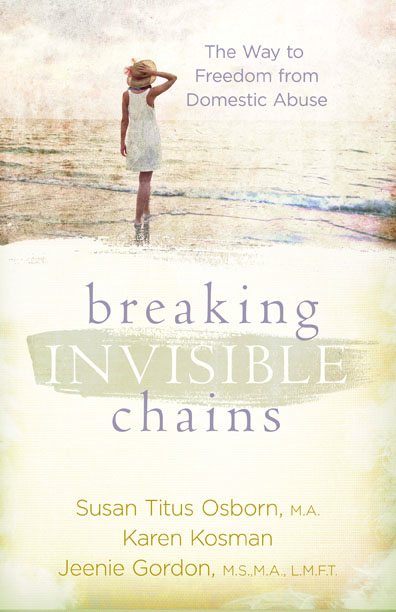Another item I feel is important for your professional image is letterhead stationary. Subconsciously, editors are more impressed if your cover or query letter is typed on your own letterhead. There are a number of paper companies as well as office supply stores that stock four-color stationary. You can run it through your own laser or ink-jet printer to put on your letterhead and the body of your letter. If you have a color printer, you can type your own letterhead, complete with graphics. I use light beige paper, which I think looks professional, but you can use white paper just as easily. Even if a publisher requests a query letter by e-mail, I still use my letterhead stationery, which I keep electronically on my computer.
Business cards are another item you will need. These are convenient to hand out at writers’ conferences to editors and other writers with whom you want to keep in touch. These, too, can be created and printed on a laser or inkjet printer. Again, you can use four-color cards or plain white, depending on your budget. Also you can get these professionally printed economically today at local office stores or on websites such as www.overnightprints.com or www.vistaprint.com. I think it’s helpful to have your picture on your business card. That way if an editor met you at a conference, seeing your picture may trigger a remembrance. After all, you only look as professional as your query letter, business card, or manuscript does.
This concludes the series on the “Business Side of Writing.”


